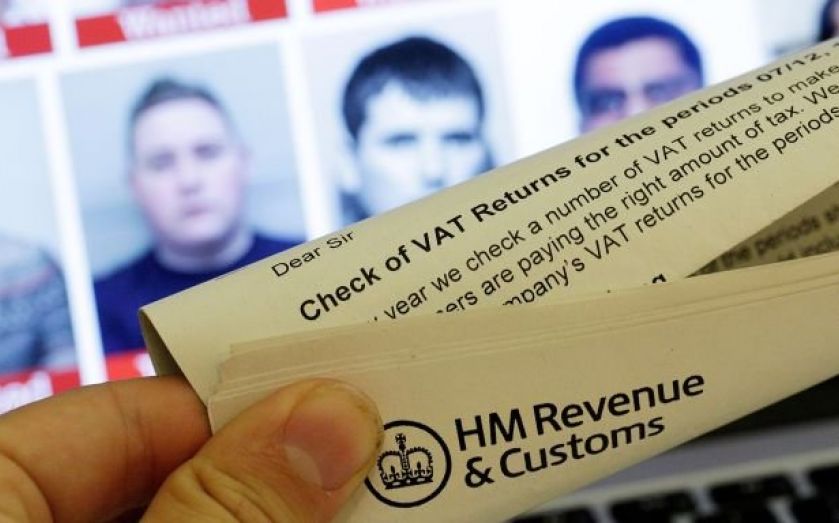| Updated:
Banks warn that HMRC won’t protect most vulnerable in tax grab plan

The head of the British Bankers' Association (BBA) has sent a letter to chancellor George Osbourne, warning him that British banks do not believe HM Revenue & Customs can be trusted to fairly and safely take money out of tax payers' bank accounts.
Controversial proposals outlined by the chancellor during his budget speech in March would give HMRC autonomy to seize unpaid taxes directly from taxpayers' bank accounts. They are due to be introduced in 2015-2016 and would affect around 17,000 people in the UK.
They are intended to help curb tax-dodging, and it has been estimated that they would bring £65m worth of of unpaid taxes to the government each year.
HMRC would only be able to force banks to hand over a taxpayer's money once the individual had been contacted a number of times, and the rule would only apply to unpaid debts of over £1,000. The government has also said that it would put “strong safeguards” in place to protect those facing genuine hardship.
But British banks have said that they do not believe HMRC can be trusted to protect the most vulnerable taxpayers if given complete autonomy to take money, adding that the threshold is too low.
In the BBA's letter, which was seen by the FT, chief executive Anthony Browne wrote: “It is clear that HMRC’s performance cannot yet be considered as sufficiently competent to wield an unchecked power this strong, at least not without significant reputational damage and potential litigation. HMRC would effectively be a judge in its own cause.”
It also advised the chancellor to seek legal advice on whether the rules would breach the Human Rights Act, and called for greater independent oversight and “due process” because HMRC’s systems and processes for avoiding mistakes were not robust enough.
A spokesperson for the Treasury responded by saying that all measures would be put in place to prevent those who are going through genuine hardship from being affected. “There is no question of those who genuinely cannot pay being affected – the safety of vulnerable customers is a priority and the Government is proposing robust safeguards. Most people pay the taxes they owe on time, but there are a persistent few who have the means to pay but refuse to,” they said.